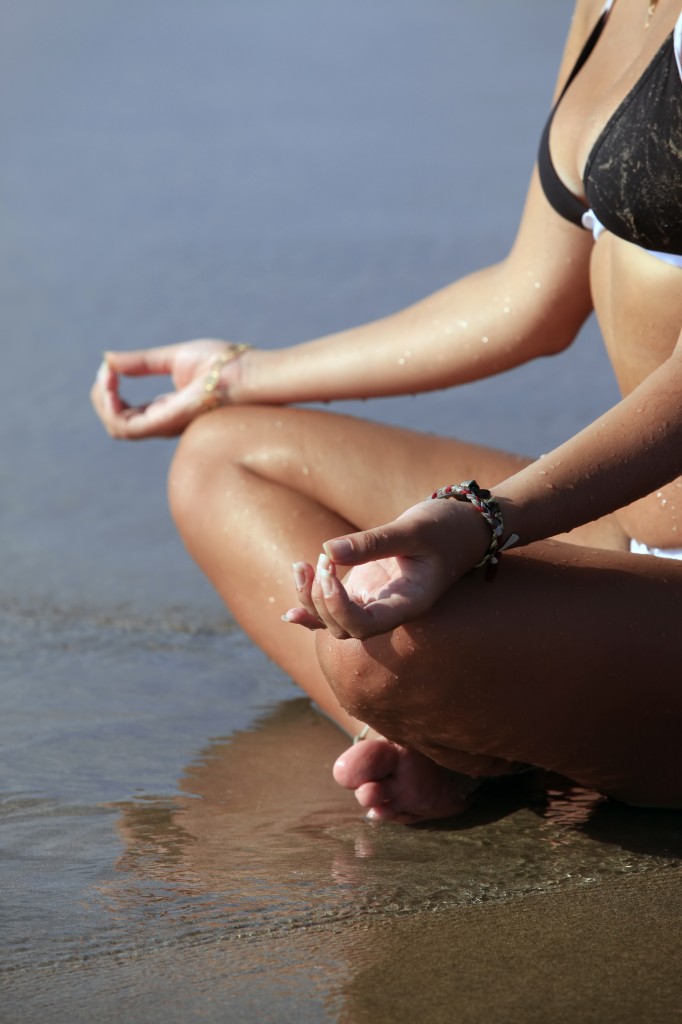In this 3-part series, we’ll delve into scuba diving’s relationship with mindfulness, and how to use the practice to become a better diver.
The idea of mindfulness has been gaining traction for some time now, as evidenced by the increase in courses, books and websites dedicated to teaching people how to be more present in the moment. While the positive effects of mindfulness are sometimes exaggerated beyond what science can back up, it is fairly well established that increasing your mindfulness helps reduce stress and anxiety.
In this three-part series, we’ll first explore the main elements of mindfulness as they relate to scuba diving. In the second part, we’ll look at how mindfulness can make you a better diver and finally, in the third part, we’ll look at how to use scuba diving as a mindfulness exercise.
The Rise of Mindfulness
Newton’s Third Law says that every action has an equal and opposite reaction. While this certainly applies to physics, there’s an almost philosophical truth to it as well. As modern technological advances have given us more and more opportunities for learning, producing, and experiencing, many people have begun to look for ways to counteract this. Many people feel that the increase in opportunities and demands make for a more stressful working — and private — life, one in which we are constantly multitasking. We check our phones while walking down the street, we use laptops while watching TV, and we think about work while talking to friends and family. Mindfulness has been one reaction to this onslaught of media, and in its simplest form, it’s the notion of being present in the moment and allowing yourself to focus on what you’re doing by limiting or eliminating distractions. Some of this can be achieved by changing physical habits, such as not bringing a tablet to bed or turning off your phone when in the presence of others, but the hardest part for many people is to stop their mind from wandering, thinking and worrying.
The Myth of Multitasking
One of the main causes of the problem is the myth of multitasking. For many years, the ability to multitask was perceived as something admirable, something that indicated a person’s intelligence and efficiency. People have been striving for years to become better multitaskers, often boasting about their ability to juggle many responsibilities. But recent studies in the field have shown that multitasking is actually mostly a myth. What we perceive as multitasking is actually rapid task switching, which means we’re not actually doing more than one thing at the same time, but rather switching back and forth between several tasks.
The problem is that is not a very efficient way of working. Studies show that multitasking your way through three tasks may actually take substantially longer than tackling each of them in turn, completing each before moving on to the next. There’s also a greater margin for error when multitasking. Worse, as we train our brain to switch between tasks rapidly, we decrease its ability to really focus, creating a state not unlike ADHD.
Diving and mindfulness
Through many years of diving and teaching diving, I’ve seen a great many people take to the water. Among them have been quite a few who, through their jobs or private lives, have trained themselves to multitask. And inevitably, they struggle with diving, because diving is mindfulness in practice. If you’re unable to relax, you’ll find yourself struggling with buoyancy, maybe even completely unable to descend. If your mind is all over the place, you’re more likely to make mistakes or forget critical equipment. If you’re emotionally stressed out, you consume more air and exert yourself quicker.
An extreme version of mindfulness while diving can be found in freediving. When all you have is a single breath, you become acutely aware of anything that makes you burn through it faster. Freedivers frequently mention the need to de-stress before submerging, and to relax while underwater.
So on one hand, diving can be a perfect way to learn mindfulness, and to allow yourself to mono-task, especially if you’re uncomfortable taking a class in mindfulness. And if you’re already a diver, becoming more mindful will help you in almost every aspect of the sport. Stay tuned for Part II, where we’ll show you how to use scuba as a mindfulness exercise.


